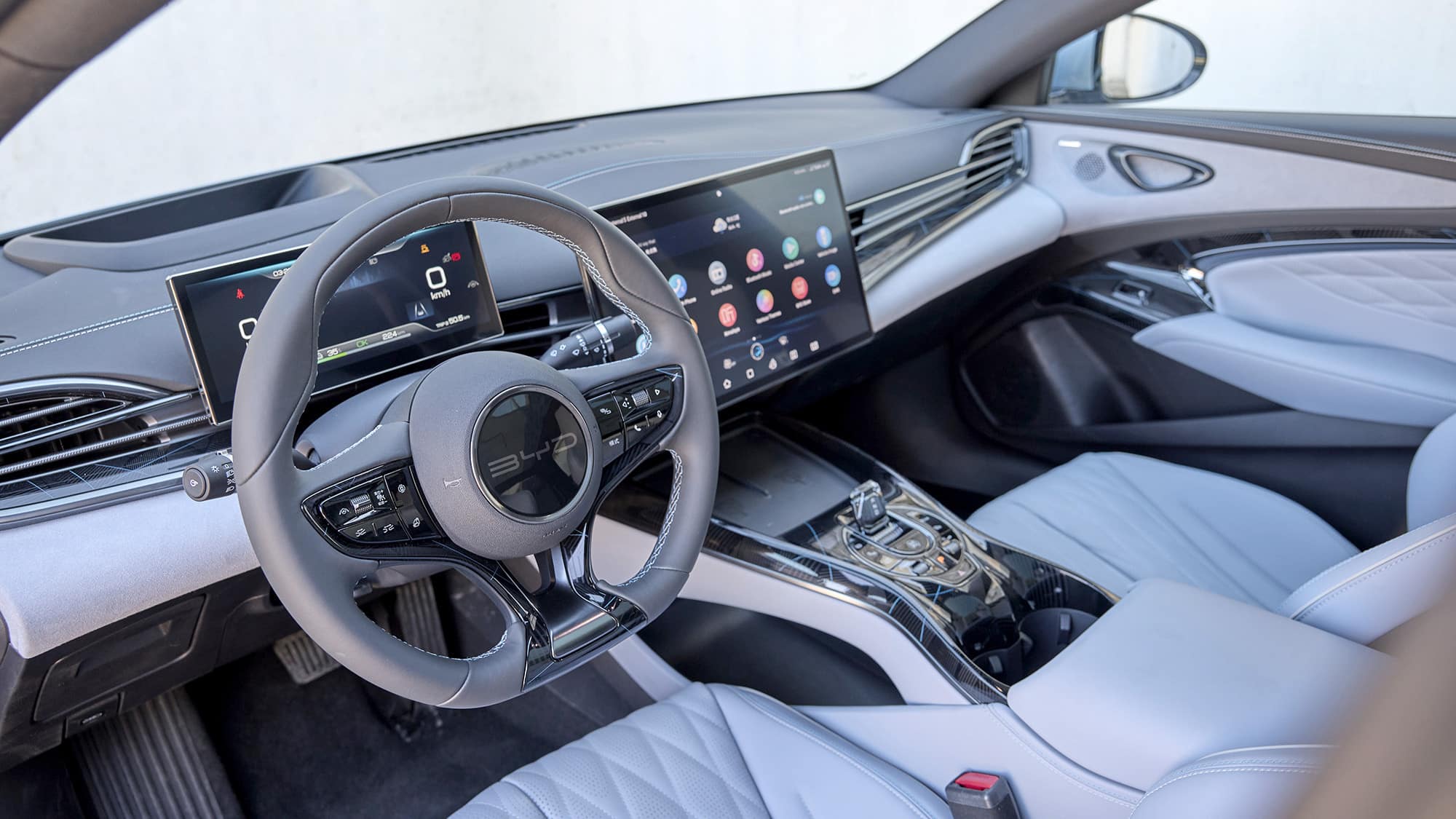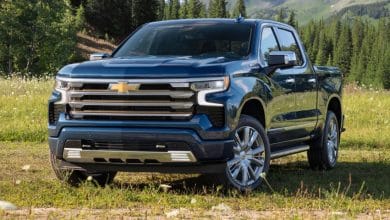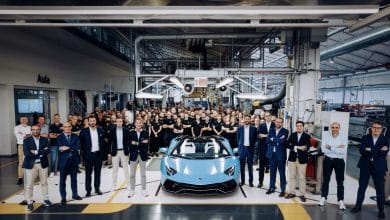If the event IAA Mobility in Munich allowed German manufacturers to present major new electric products, such as the BMW Vision Neue Klasse and Mercedes-Benz CLA electric concepts, it was especially the Chinese manufacturers who made sure to show their colors. To put things in perspective, 41% of the brands exhibited there were Chinese.
BYD (for Build Your Dreams), a giant of the Chinese automobile industry and currently the largest manufacturer of electric vehicles globally, also took the opportunity to announce its arrival on the European market with its Seal sedan , a car the size of which is comparable to that of a Tesla Model 3 and which is powered by the manufacturer’s new Blade battery. BYD also used IAA Mobility to announce its serious intentions to establish itself in the North American market.

Already here, but not officially
It is important to emphasize that BYD vehicles are already driving on our roads, but very marginally. City of Montreal taxis, built by this Chinese brand, already ply the roads of the metropolis, but these are vehicles imported by private importers.
At the IAA Mobility in Munich, however, we were able to speak with a publicist from the manufacturer who affirmed that the company is currently exploring the idea of seriously establishing itself in North America. BYD plans to establish points of sale as well as factories there in order to take advantage of Executive Order 14005 from the Biden administration which prioritizes “made in the United States (Made in America)”.

The BYD Seal soon here?
Everything is, of course, speculation, but BYD seems serious in its objectives of becoming a truly major global manufacturer, ready to follow the big players in the sector. The Seal sedan, with its LFP battery installed directly in the vehicle structure (Cell-to-Body) based on the manufacturer’s dedicated E-Platform 3.0 platform, and whose usable autonomy is estimated at 82.5 kilowatt hours, promises a range of up to 570 kilometers according to WLTP assessments.
Powered by 2 electric motors, one on each train, the Seal equipped with 4-wheel drive develops a total combined power of 523 horsepower, which allows it to complete the sprint from 0 to 100 kilometers/hour in 5.9 seconds. Its charging power in a compatible fast terminal would reach 150 kilowatts according to the manufacturer.

Conclusion
If a Chinese manufacturer as imposing as BYD were to establish itself in our market, it is clear that it would create a shock wave in the North American automobile industry which still seems to be struggling in the deployment of electric vehicles.
Its arrival here could put great pressure on certain smaller manufacturers, such as Mazda and Subaru, in particular, and force even more alliances between large manufacturers, like what General Motors and Honda recently did.
For the consumer, however, the arrival of Chinese brands on our territory could allow them to have access to a wider range of electric models at significantly more competitive prices. Will the build quality, reliability and after-sales service be there? To be continued.












